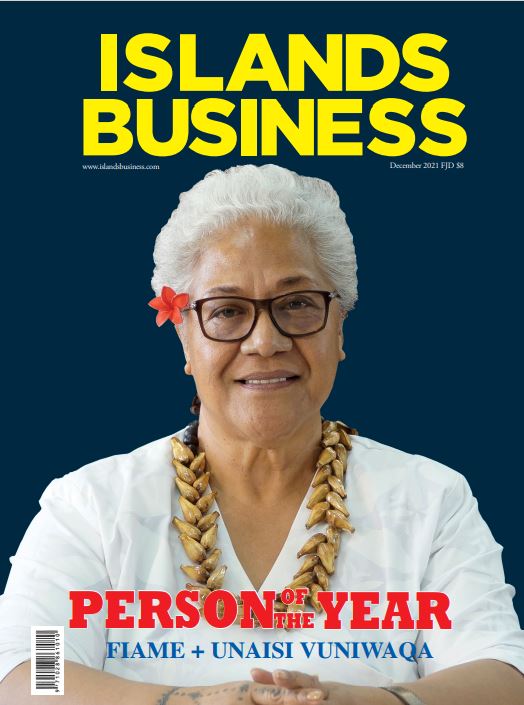By Bernadette Carreon
Dr Sagaalofa Clark
Rupert Howes
Dr Manu Tupou-Roosen
Glen Holmes
The Western and Central Pacific Fisheries Commission (WCPFC) has adopted a revised tropical tuna measure to keep the stocks of yellowfin, skipjack, bigeye, and albacore healthy.
Parties to the Nauru Agreement (PNA) Chief Executive Officer Dr Sangaalofa Clark welcomed the measure's adoption saying it has performed well in the past.
"The measure had performed well in the previous three years. It had contributed substantially to the current health status of WCPO tropical tuna stocks and fisheries, which . . .
Please Subscribe to view full content...
